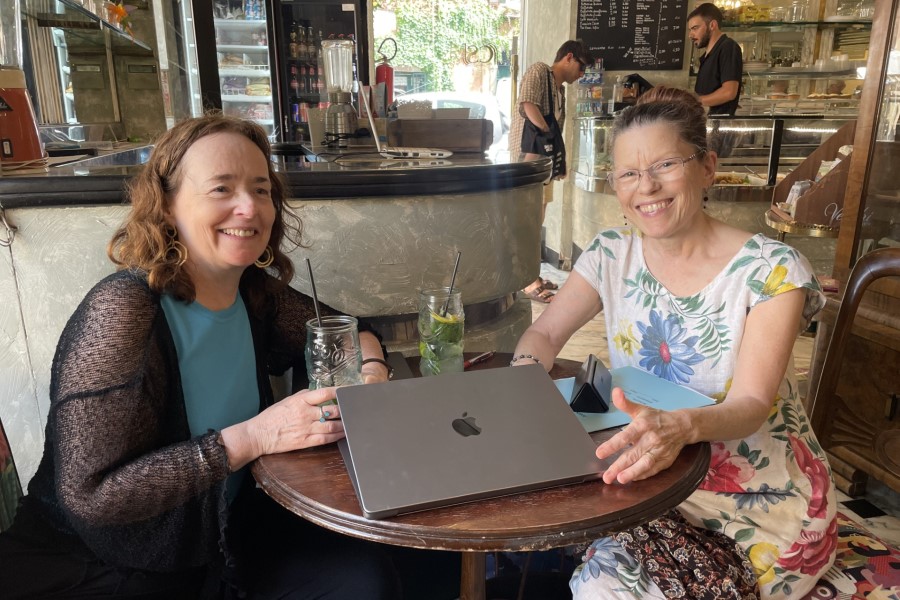Internationalizing Universities in the United States
In collaboration with the US Mission to the UN, the Guarini Institute hosted Thomas E. Sullivan, the Vice President and Provost of the University of Minnesota, who gave an interesting lecture titled Internationalizing Universities in the United States. President Franco Pavoncello introduced the discussion by acknowledging globalization as prevalent in the academic world, citing universities in the U.S. that have become more focused on international experiences.

Thomas E. Sullivan
Sullivan began by stressing the importance of study abroad programs and highlighted the fact that 30 percent of the 67,000 students at the University of Minnesota have international experiences. He commented that Universities should work to inspire students in regard to interconnectivity and globalization by giving them the opportunity to work, study and live together.
To illustrate this, Sullivan gave an impressive array of statistics emphasizing the national goal of reaching a 50 percent mark where 50 percent of undergraduate students study abroad. The importance of the international experience is evident due to the recent development of international campuses. The University of Minnesota’s prospective new offices in Beijing and India provide a means for students to study and conduct research around the globe, which undoubtedly creates an important global interconnectivity.
Addressing Thomas E. Sullivan in a short question and answer period, Dean Mary Merva, Professor Judith Crews and Professor Thomas Govero commented on the current state of affairs. Dean Merva outlined that as fiscal stress increases, international students coming from abroad must be provided with adequate scholarships. She stated that perhaps, as globalization continues, we are excluding talent that cannot afford the price of Universities.
Professor Crews questioned whether or not the idea of “public good” in the U.S. is eroding as a result of the strong influence corporations have on the ability of research to be privately funded. Sullivan answered the question by saying it is not a threat because these corporations are specifically required not to influence the project or the thoughts of the individual researcher. Professor Govero then addressed the seemingly unhealthy trend towards the scientific, mathematical and business faculties without a strong liberal arts basis. He concluded by addressing that a liberal arts, humanities foundation is rudimentary to higher education and should be stressed more in the U.S.





